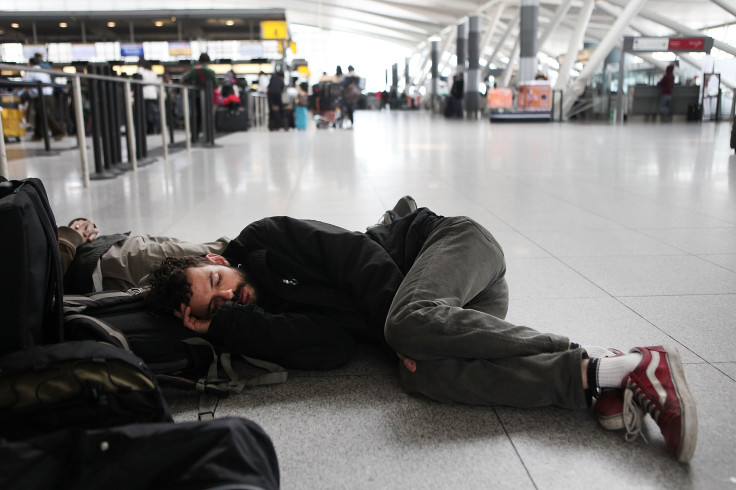How Much Sleep Do We Need To Stay Healthy?

Humans need sleep just as much as they need food or water. Sleep is an indicator of overall health and well-being. The amount of sleep one needs depends on a number of factors like age, quality of sleep, previous sleep deprivation, etc.
Most people accumulate what is called “sleep debt” wherein people try to make up for sleep lost during the week during the weekends. But that doesn’t really work. In fact, getting as little as three to four hours of sleep a night is as bad as pulling an all-nighter. Staying up for 24 hours straight and then driving is like driving with a blood-alcohol content that is considered legally drunk in all 50 states.
Shortage of sleep can be blamed for nearly 100,000 traffic accidents, 76,000 injuries, and 1,500 deaths every year. So how much sleep do you need?
The National Sleep Foundation in 2015 came out with a study that recommends different amounts of sleep based on age. The study had 18 researchers comb through 320 research articles to come to its current “sleep time duration recommendations.”
Children aged six and above need at least nine to 11 hours of sleep and teenagers need eight to ten hours of sleep. Seven hours of sleep should do for some but sleeping for over 11 hours a day can cause health issues. But some teens may need some extra sleep during puberty.
Adults require seven to nine hours of sleep everyday and older adults aged 65 and above can function best if they sleep for seven to eight hours a day. Sleep patterns change as one gets older. Older adults are generally light sleepers and take short naps rather than sleep for long hours.
Changes in the body due to pregnancy can increase the need to sleep longer.
The study, however, did not analyze the quality of sleep, for example if people frequently woke up at night. It also did not analyze how much rapid-eye movement sleep and how much slow wave sleep a person got. Some people can survive on fewer hours of sleep because they get higher-quality sleep.



























